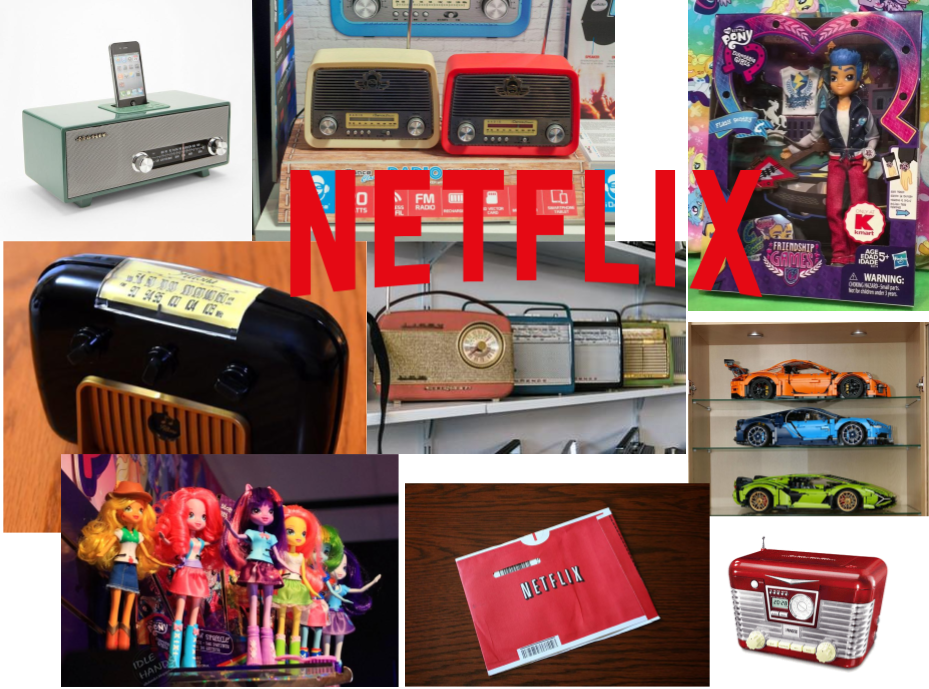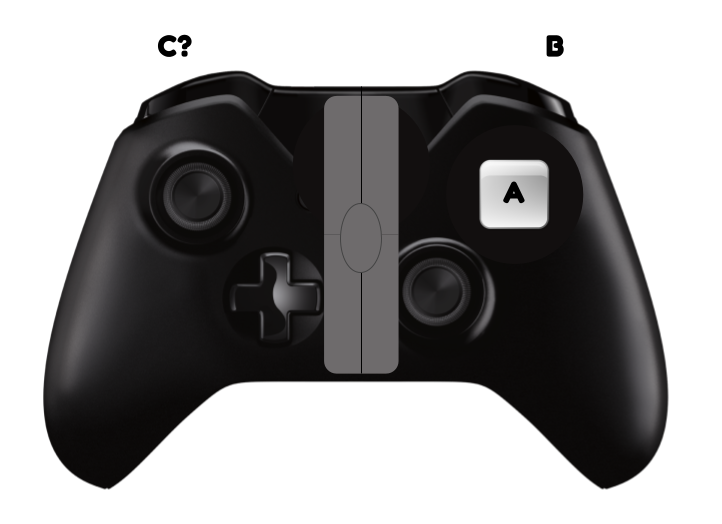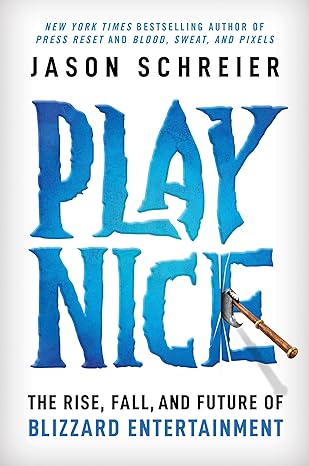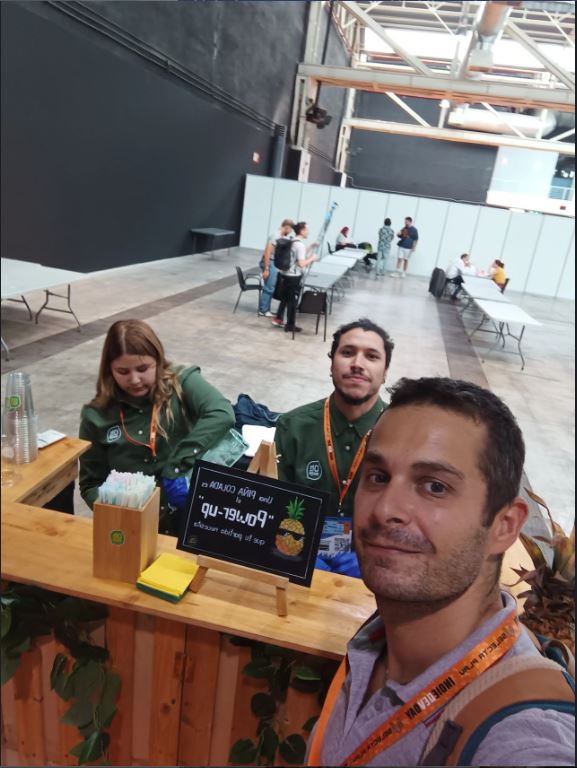Yesterday a client of mine hired me as lead game designer on a new game. I cannot say much about it, but it will be a Steam game, 3D, premium. The game will feature emerging narratives and I will care about the gameplay systems to support that.
Plus I will manage a team of game designers, which is something that I love. I am happy because I am trying to switch sector since quite a while.
Mobile F2P is broken, for now. A total race to the bottom with unrealistic expectations. Plus, the survivors are not looking at the future. They look at the past. They want people ex-<PutFamousCompanyNameHere> to repeat formulas. They hope the dramatic situation with distribution will change someday. It will not. They should look at the future instead.
I was happy to collaborate on f2p projects, but a little frustrated with this way of running businesses. Do you start a race following other runners? That’s wrong in so many ways.
That’s why I am happy to finally work on something truly creative. The expectations are not surreal. I am happy, thank you!



